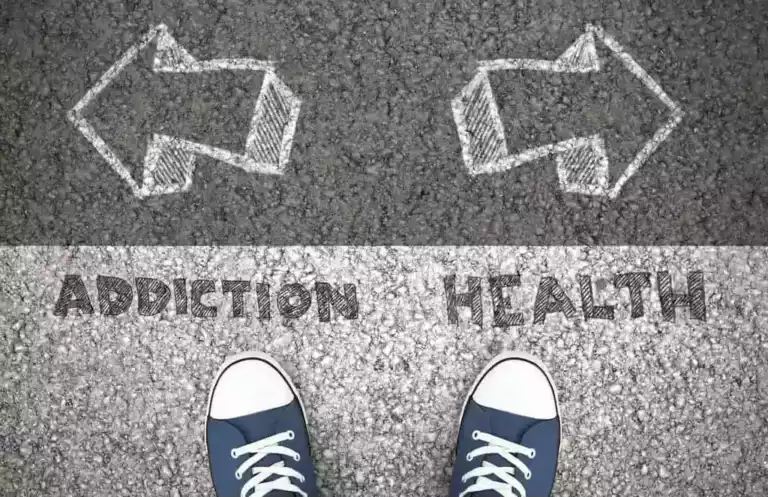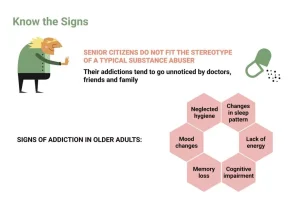14, Sep 2021
Statistics on Alcohol Abuse and Alcoholism in the US

Once, during an attempt to see a therapist and get help, the topic of my drinking came up. Around this time, you may even experiment with short stints of sobriety, like one or two weeks, before drinking again. You’ll start to feel more depressed or agitated if you go long periods without alcohol (for all the reasons listed above). Alcohol starts to shrink the areas of the brain Do Alcoholics Drink Every Day responsible for impulse control and emotional regulation. You might not experience the full range of clinical impairments, but you’re headed in that direction and know that alcohol negatively impacts your life. If this is you, chances are you engage in gray area drinking, an in-between kind of drinking that might not tick all the boxes of AUD, but you exist on the spectrum.
How Many Drinks A Day Is Considered An Alcoholic?

Pancreatitis can be a short-term (acute) condition that clears up in a few days. But prolonged alcohol abuse can lead to chronic (long-term) pancreatitis, which can be severe. SAMHSA also considers a person’s drinking heavy if they have consumed four or more drinks (for females) or five or more drinks (for males) within 1 day in the past month. Drinking in moderation means consuming no more than one drink weekly for females and two drinks weekly for males.

Is It Possible To Recover From End-Stage Alcoholism?
Past researchers also failed to consider that many of the sober individuals in these studies quit drinking due to medical issues, thus bringing down the overall health of said group. Daily drinking can have serious consequences for a person’s health, both in the short- and long-term. Many of the effects of drinking every day can be reversed through early intervention. Typically, alcohol withdrawal symptoms happen for heavier drinkers. Alcohol withdrawal can begin within hours of ending a drinking session. For a person who drinks occasionally, this adaptation is distinct and temporary.
Dilute and sip slowly. Dilute your wine or cocktail with sparkling water and ice. Take your time drinking it.
- These issues can be insidious and increase as a person becomes more dependent on alcohol.
- If you drink every day, or almost every day, you might notice that you catch colds, flu or other illnesses more frequently than people who don’t drink.
- But I didn’t know that alcohol was reshaping my brain in ways that worsened those conditions.
- Alcohol misuse—which includes binge drinking and heavy alcohol use—over time increases the risk of alcohol use disorder (AUD).
- Many people drink alcohol as a personal preference, during social activities, or as a part of cultural and religious practices.
If your pattern of drinking results in repeated significant distress and problems functioning in your daily life, you likely have alcohol use disorder. However, even a mild disorder can escalate and lead to serious problems, so early treatment is important. If you are ready to discuss treatment, our admissions navigators are available 24/7 to speak with you today. With many people affected by alcohol abuse and alcoholism, it is imperative to develop and promote effective recovery treatment programs.
- It may also cause an individual to refuse to travel to areas where alcohol access may be limited.
- “But now we know that even the lightest daily drinkers have an increased mortality risk,” she cautions.
- For anyone questioning their own drinking or feeling concerned about a loved one, it’s useful to understand the stages of alcoholism.
- In the past, moderate drinking was thought to be linked with a lower risk of dying from heart disease and possibly diabetes.
- Heavy drinking, including binge drinking, is a high-risk activity.
Instead of partying on weekends, we add a Wednesday into the mix.

These are the two main components of professionally led treatment. As a person ages, they may develop health conditions or take medications that make it so they need to limit or avoid alcohol. They can also find that alcohol affects them differently as they get older. This may increase the risk of falls, car accidents, and fractures. Many experts would recommend a person not to drink alcohol at all.
Cancer risk
Each center is ready to help people learn how to cope with their Ambien addiction and uncover the root causes for their substance use disorder. The person’s experience is positive, and they don’t perceive their use to be harmful. More and more people are sober curious, toying with the notion https://ecosoberhouse.com/ of drinking less. Drinking alcohol on a regular basis can also lead to dependence, which means your body and brain have grown used to alcohol’s effects. Over time, alcohol can cause damage to your central nervous system. You might notice numbness and tingling in your feet and hands.
Binge Drinking:
That is why alcohol detox and alcohol withdrawal treatment is administered by medical professionals. People who drink heavily over a long period of time are also more likely to develop pneumonia or tuberculosis than the general population. The World Health Organization (WHO) links about 8.1 percent of all tuberculosis cases worldwide to alcohol consumption. The pancreas helps regulate how your body uses insulin and responds to glucose. If your pancreas and liver don’t function properly due to pancreatitis or liver disease, you could experience low blood sugar, or hypoglycemia.
- The stronger research only includes truly sober people who do not have a history of alcohol consumption.
- Genetics or a family history of alcohol misuse increases that risk as well.
- While casual to moderate drinking may be a part of life for some, excessive or chronic alcohol consumption can significantly impact your body and long-term health.
- Chronic drinking can affect your heart and lungs, raising your risk of developing heart-related health issues.
- In general, a healthy diet and physical activity have much greater health benefits than alcohol and have been more extensively studied.
During pregnancy, drinking may cause the unborn baby to have brain damage and other problems. Heavy drinking also may result in alcohol withdrawal symptoms. Too much alcohol affects your speech, muscle coordination and vital centers of your brain.
- 0
- By admin








